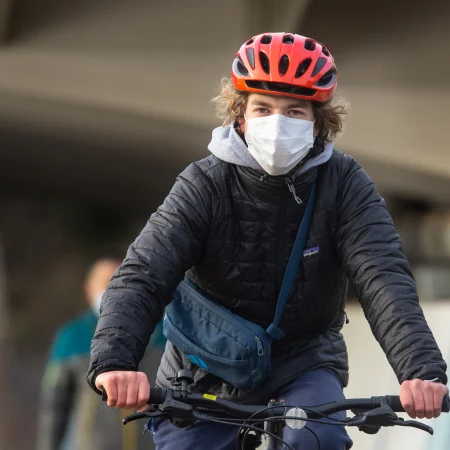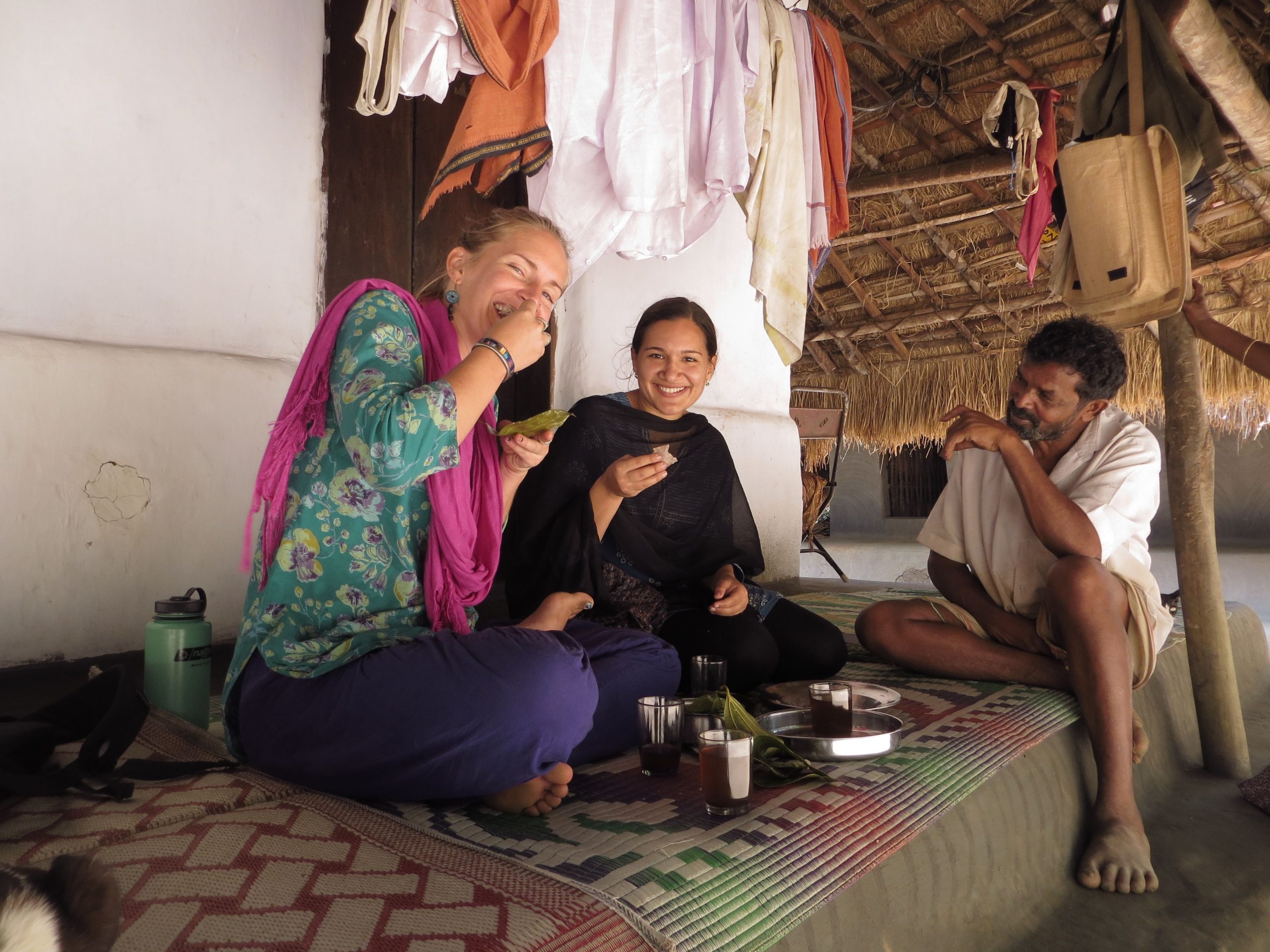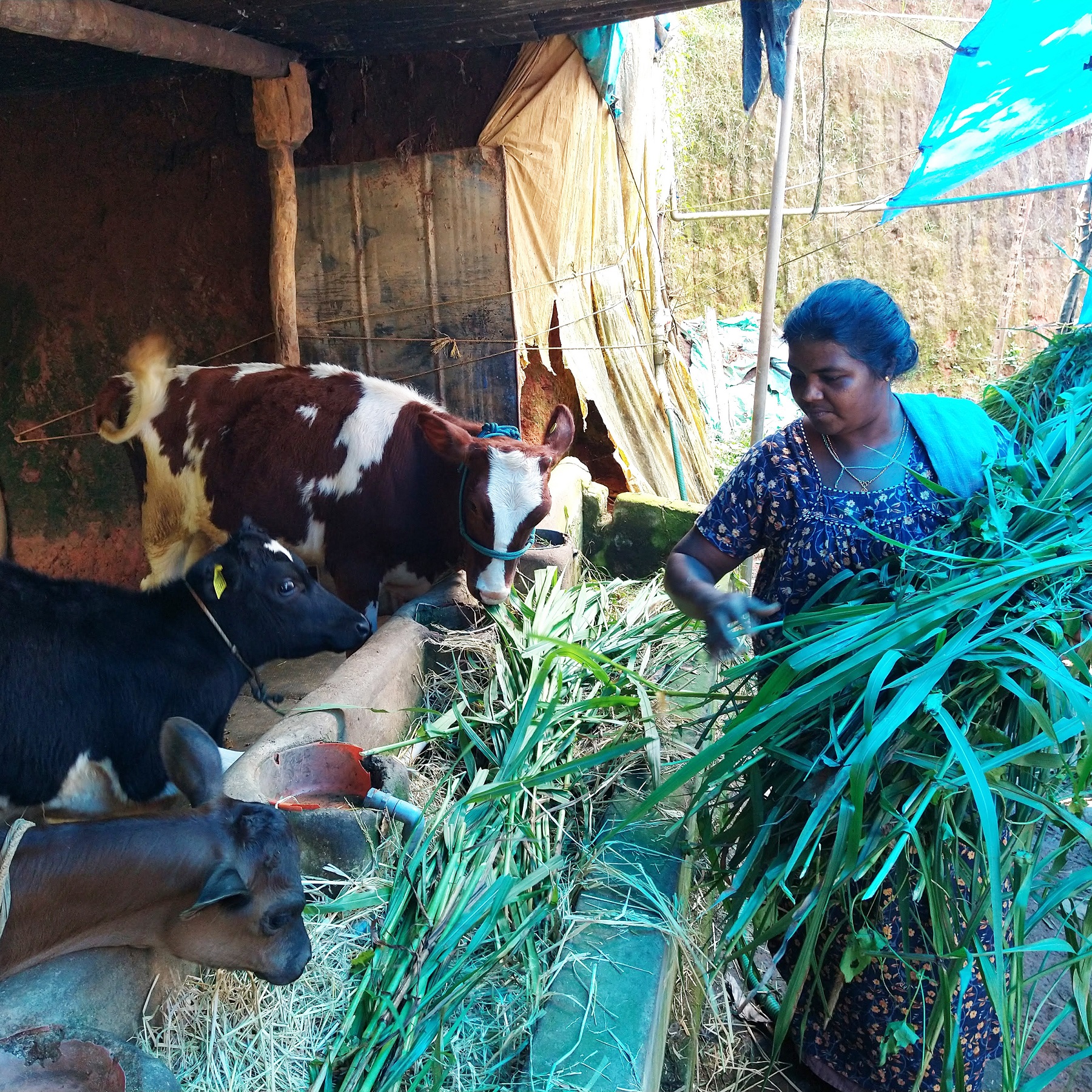3 Ways to Lower your Carbon Footprint *Covid-19 Edition*

Throughout our lives, we’ve all (hopefully) been taught practices that help to reduce our harmful impact on the environment. Using public transportation, carrying reusable bags, and shopping locally and sustainably have been just a few of these approaches to lowering our carbon footprint. However, due to the COVID-19 pandemic, some of these methods have been abandoned completely due to the concern of contracting the severely contagious virus. Public transportation is now feared upon, reusable grocery bags are banned in most stores, and online shopping from unethical and unsustainable brands has increased while buying locally has decreased tremendously. Although COVID-19 has changed the way we act, there are always ways to be kinder to the earth while still being safe!

1. Before the COVID-19 pandemic, public transportation had always been encouraged as it helps to reduce the amount of toxic gases that cars produce into the air. Buses, planes, trains, and carpooling were the norm, and helped to limit the amount of harmful vehicles on the road. However, since the virus is airborne and easily contracted in small and enclosed spaces, especially in vehicles with recycled air, most people now avoid these forms of transportation and use their own vehicles.
What can you do now?
Walking, as well as riding your bikes or skateboards places, is a Covid-friendly and environmentally conscious way of getting to where you need to go. Obviously, this is only feasible if the distance needed to be traveled is not too long, but it is a good option to always have in the back of your mind. For longer distances, using means of public transportation can still be an option, but there are protocols necessary to take in order to stay safe. First, it is a must to wear a mask to protect yourself and others from possibly contagious particles in the air. Always practice social distancing by making sure to stay at least 6 feet away from others, spacing out seats if possible. For extra precaution, you can wear a face shield and/or goggles to protect your eyes as well, as the virus can also be contracted via the eyes. It is also important to always have hand sanitizer (with at least 60% alcohol) on hand, to wipe down any areas that you will touch and to clean your hands after touching doors, seats, etc. (CDC).
2. Many stores, in particular grocery stores, abruptly stopped allowing customers from bringing in their own reusable bags, in an attempt to keep out unnecessary items that might not be sanitary. The usage of plastic and paper bags has greatly increased due to this new restriction. Restaurants have also been using high amounts of plastic since the pandemic started. Because indoor dining has drastically decreased and in some states, banned, takeout has been highly encouraged. Unfortunately, this has meant the resurgence of single-use plastic utensils and containers, styrofoam containers, and paper napkins and bags.
What can you do now?
Although it is impossible to get around mandatory restrictions of grocery stores and restaurants, there are small ways that you can still make a difference. At grocery stores, try to avoid using the produce plastic bags for fruits or vegetables that already have their own “covering” and that do not need to be further protected with plastic. These include avocados, bananas, oranges, potatoes and many more. Furthermore, when you order takeout at a restaurant, many times they will include plastic utensils, paper plates and napkins. When you place an order, asking the restaurant to not pack these items and only use containers for the food will save a lot of unnecessary items from being included. I suggest using your own reusable plates, napkins, and utensils while eating takeout. Small acts like these will add up and help to lower your carbon footprint. Along with these tips in reducing the amount of unnecessary harmful waste, there are other ways in which you can cut down on single-use items in your daily life. For example, you can invest in reusable/washable masks rather than using disposable masks, which need to be thrown out after each use. Not only will reusable masks lower your carbon footprint, they save you money in the long run. Another tip to reducing your usage of single-use plastic is to carry around a reusable water bottle. This method has not been affected due to COVID-19, as most schools, workplaces, and other places should have contactless water refill stations.
Looking to buy reusable masks?
List of 44 reusable masks suggested by The Strategist of NY Magazine: https://nymag.com/strategist/article/best-fabric-masks-to-buy-online.html
Link to buy reusable masks from independent sellers on Etsy: https://www.etsy.com/market/reusable_face_mask
3. Due to quarantining, most people have shifted to primarily online shopping in place of in-person shopping, which generally means supporting unsustainable stores and brands. Rather than shopping for food from local farmers’ markets, for example, many people have been ordering groceries online from grocery stores. Locally grown food is more environmentally friendly than traditional grocery stores because of the sustainable agricultural practices: less water usage, less single-use plastic packaging, increased biodiversity, and less pesticides. Furthermore, locally grown produce requires less distances for shipping, which means less toxic gases dispersed into the air (Osmanski). Fast fashion stores have seen an increase in sales, as people are less likely to go into physical local sustainable stores, such as boutiques, local pharmacies, or thrift shops. Fast fashion is unsustainable as the clothing is made with materials that produce methane when sent to the landfills; “the average American discards about 80 pounds of clothing each year, 85 percent of which ends up in landfills” (Cho). These brands also generally use a lot of plastic for shipping and packaging.
What can you do now?
Many farmers’ markets have reopened, and many are outside, making it safer for COVID-19. Wearing the proper protection, as stated in the public transportation section, is necessary and will make attending these markets safer. If you are still uncomfortable shopping in-person, there are still ways to support local. Getting takeout from your local neighborhood restaurant, instead of a chain restaurant, has the same effects as buying local groceries. Chain restaurants, like big grocery store corporations, tend to use less sustainable agricultural practices and ship food from far distances. Local restaurants tend to use more sustainable practices. Additionally, shopping for clothing online does not have to be limited to fast fashion. There are many sustainable fashion websites, such as our own Profugo Market, that you can shop from online. Many local clothing stores, such as boutiques, also have online websites for purchasing now that people are less likely to go into physical stores. Not only are these clothing pieces more sustainable, they are typically of better quality, and therefore will last longer, reducing the amount of clothing dumped into landfills. Also, shopping second-hand is a very sustainable practice, as clothing is recycled instead of sent to landfills. Even though you may not want to go into a physical thrift store right now because of COVID-19, there are many online thrift stores you can check out, such as thredUP and Goodwill Online.
Interested in online thrift stores?
ThredUP: https://www.thredup.com/
Goodwill Online: https://www.yourgoodwill.org/shop/online-auction?gclid=CjwKCAjwh7H7BRBBEiwAPXjadluz0cQDJbQoKVXAPLA3fdmNUUHYCKMM6eg1bDTFeRL-SgwFW_B_yhoCFFQQAvD_BwE
Sources:
https://www.cdc.gov/coronavirus/2019-ncov/daily-life-coping/using-transportation.html
https://blogs.ei.columbia.edu/2018/12/27/35-ways-reduce-carbon-footprint/






Leave a Reply
You must be logged in to post a comment.